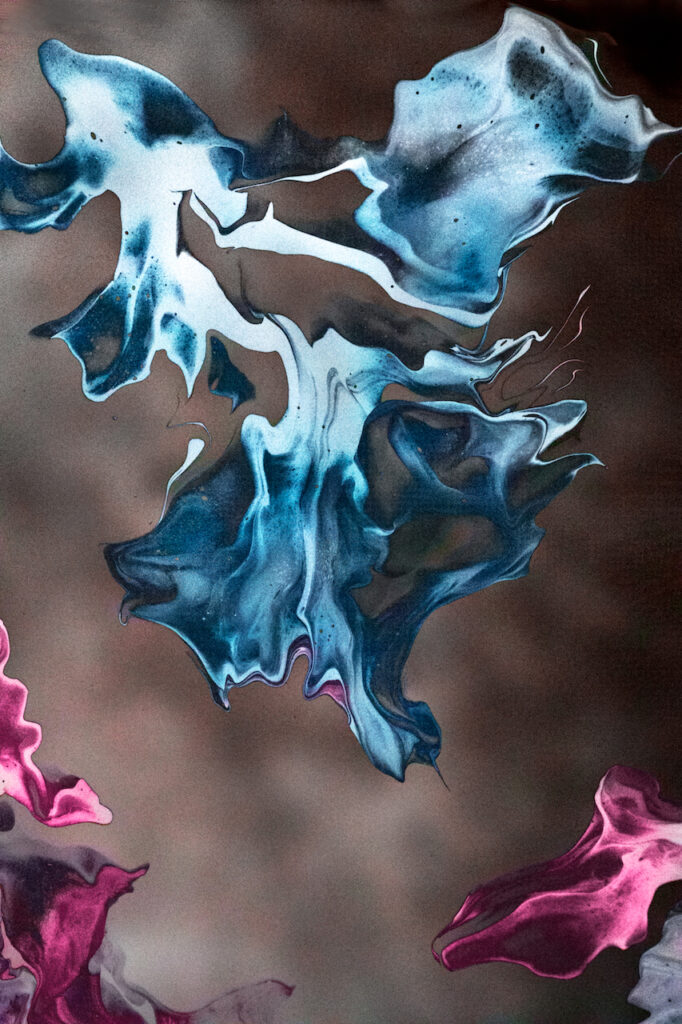Chapter 4: You are an animal.
I need you to listen very carefully because most of the people who enter your life are extremely uncomfortable with the thing that I’m about to tell you.
You are an animal, a human animal. You are a tail-less primate, an ape. Your DNA is 99% the same as the DNA of a chimpanzee. We have great great great . . . grandparents who are also the great great great grandparents of modern day chimpanzees, and that’s just the beginning. We are cousins with every other living thing. You and that potted peace lily hanging near the window are biologically cousins. We are part of an extremely complex web of life, not separate from it or in charge of it in any meaningful way because that web includes our bodies. And even this deep relatedness to every other living thing is only the tip of the iceberg because, as Carl Sagan noted, we are made of materials that were manufactured by ancient stars.
Our Sun is a second- or third-generation star. All of the rocky and metallic material we stand on, the iron in our blood, the calcium in our teeth, the carbon in our genes were produced billions of years ago in the interior of a red giant star. We are made of star-stuff. . . . The cosmos is within us. We are made of star-stuff. We are a way for the universe to know itself.”
There are real-life consequences to being made of elements and being part of a vast ecosystem. Mostly, life is not like a video game. You will get only one body and if you ruin it, you don’t get a another body. You’ll need to take care of your body or the laws of physics and biology will cause your body to be ruined and nature does not care about your feelings. If you fail to take care of your body, you’ll become miserable and you might even die young. You would think that these well-demonstrated risks would cause all of the human animals to take care of their bodies, but everywhere you look, you’ll notice a lot of other human animals ruining their bodies by over-eating, seeking out addictions and acting recklessly. For example, you won’t believe how badly many people drive. Many of them willingly take their eyes off the road while their car is streaking down the highway in order to watch cat videos or to check the stock market.
Here are some additional amazing things. All of us carry around clear evidence that we descend from other animals and sometimes the evidence is especially clear. For instance, some of us have vestigial tails and gills. As Neil Shubin reminds us, we each have an "Inner Fish." We have evolved to who we are and we continue to evolve, as evidenced by lactose tolerance in many of us. You would think that this overwhelming evidence, including our exquisite resemblance to the other great apes, would make it clear to everyone that we are, indeed, animals. But many of the human animals you will meet are extremely uncomfortable with that thought. They think of themselves as above the other animals on the “chain of being.” Perhaps it is due to their fear of death, which they work hard to paper over with various types of tribal pursuits and ideology.
There are mere bandaids because you don’t have much say in who you are. Your trillions of cells are interacting in complex ways with each other and with the outside world and you don’t have a clue as to what is going on with most of this action. Your brain will like do a good job (like it does for most other human animals) of convincing you that Life is essentially simple and understandable. Someday, you can read about the many experiments that have been done to demonstrate that fear of death triggers massively creative and energized denial of death. That area of study is called "terror management theory."
Your complex biological and physical properties mean that your thoughts and actions have deep causal chains far away from you and inaccessible to that person you think of as “you.” To the extent that there is a meaningful “you” is another topic for another day, however.
To summarize, you are the beneficiary of a great gift: a human body. Use it wisely because you only have about 1,000 months to use it and then your time is up.
You are also the recipient of an immense cultural basket of gifts. All of the ideas that have survived the test of thousands of years will be yours for the asking. All kinds of things like language, math, art. Treasures beyond belief will be offered to you. You are probably excited to hear this. But then you’ll notice that many, perhaps most people ignore most of these treasures. Many of them would rather rant on social media or engage in tribalistic endeavors like watching millionaire athletes for many hours per week.
Given our immense biological and cultural inheritance, you would think almost all of us would should great gratitude for how lucky we are every day in many ways. We are an odd species, however. We are difficult to predict, hard to please, impatient, insecure and generally unwilling to live in accordance the sacred principles we utter. We’ll talk again tomorrow. There is nothing simple about this precious life you are just starting to live.


